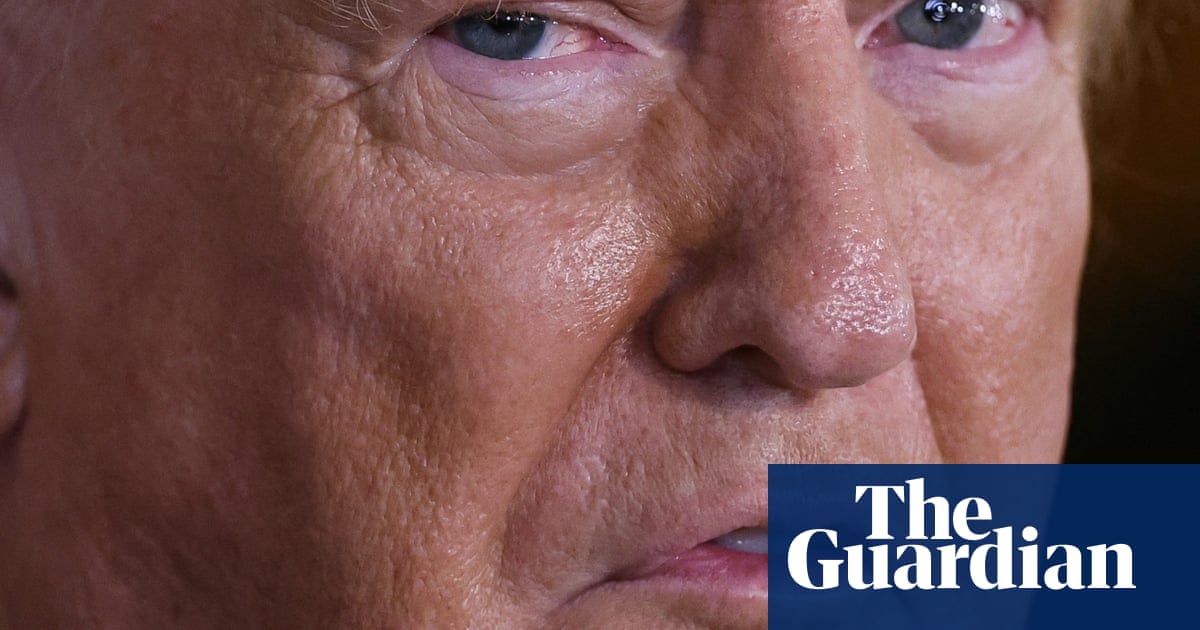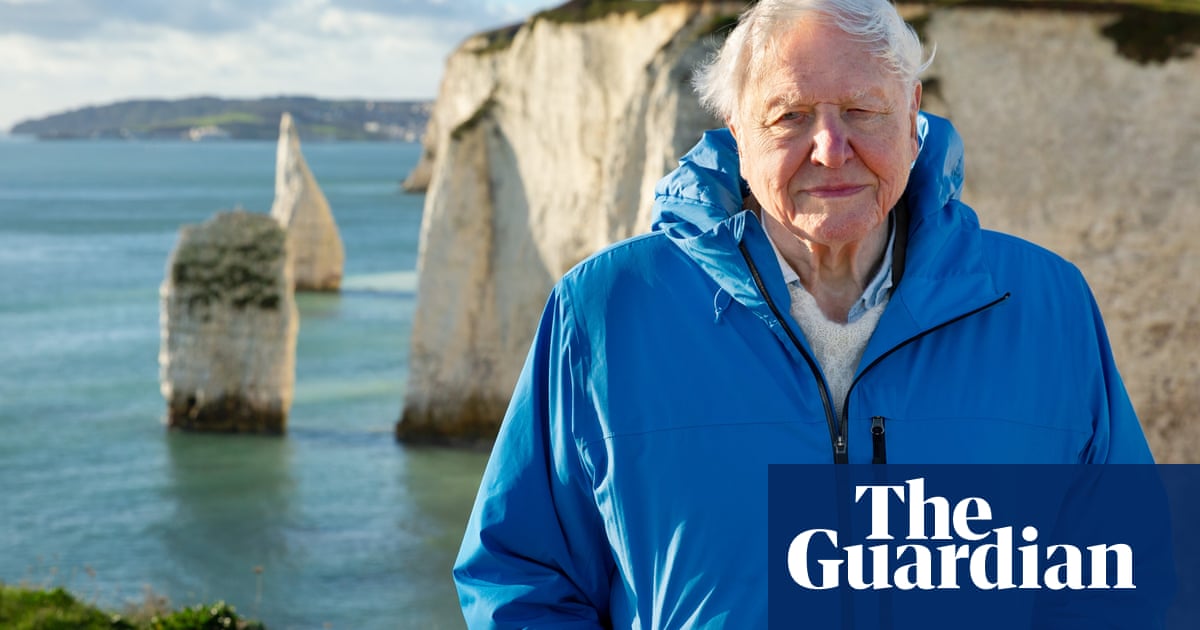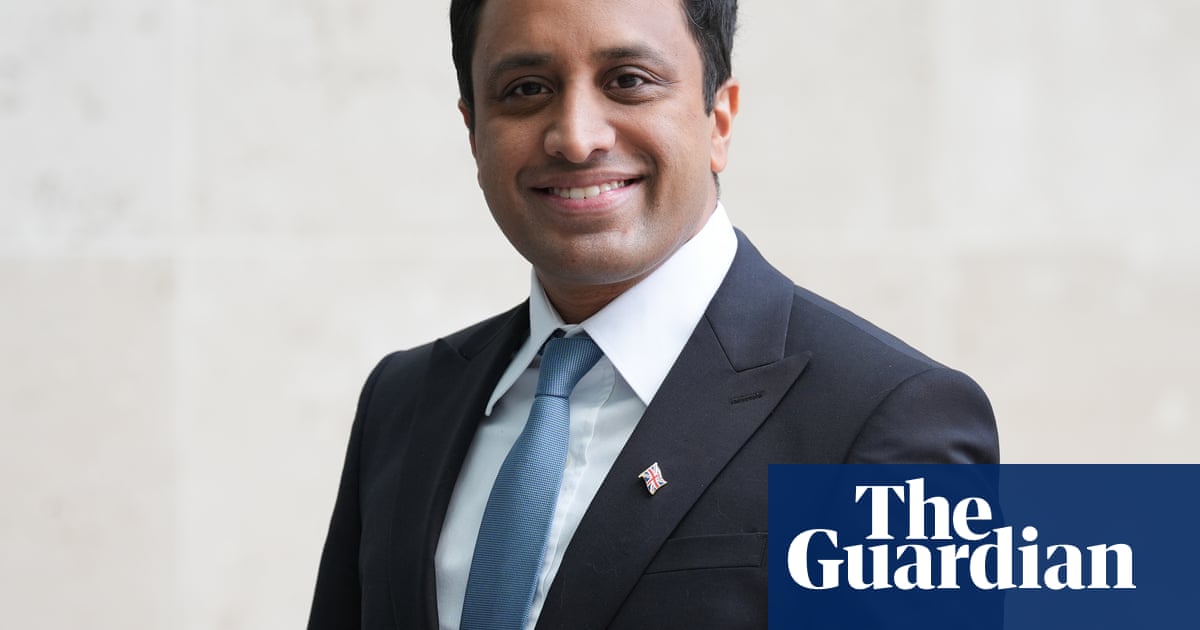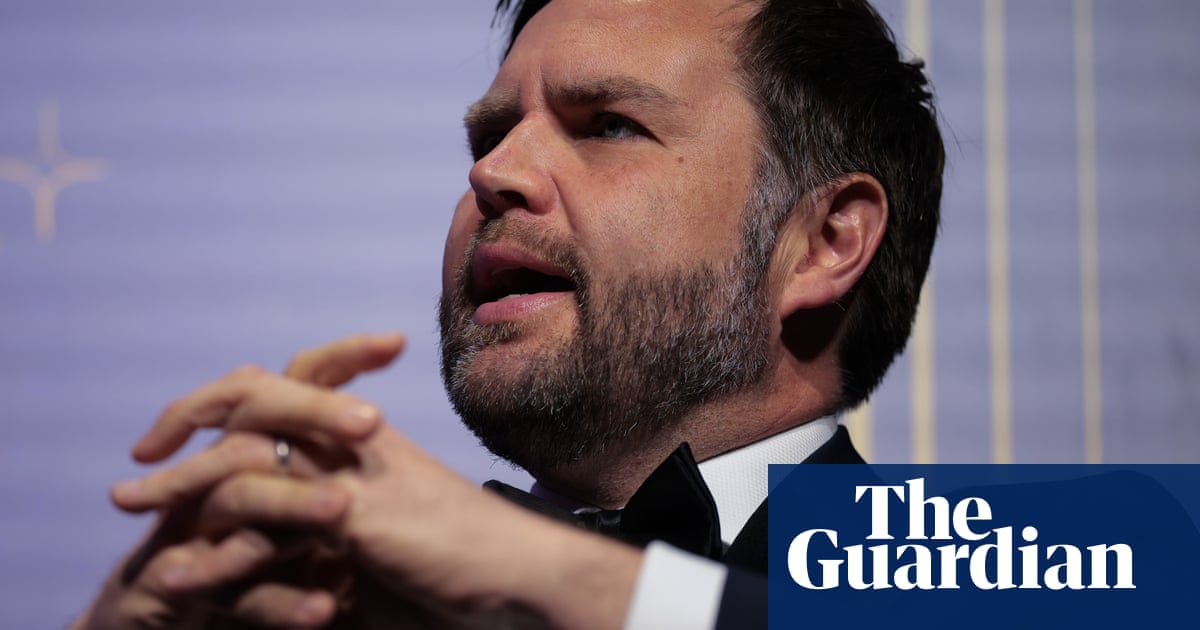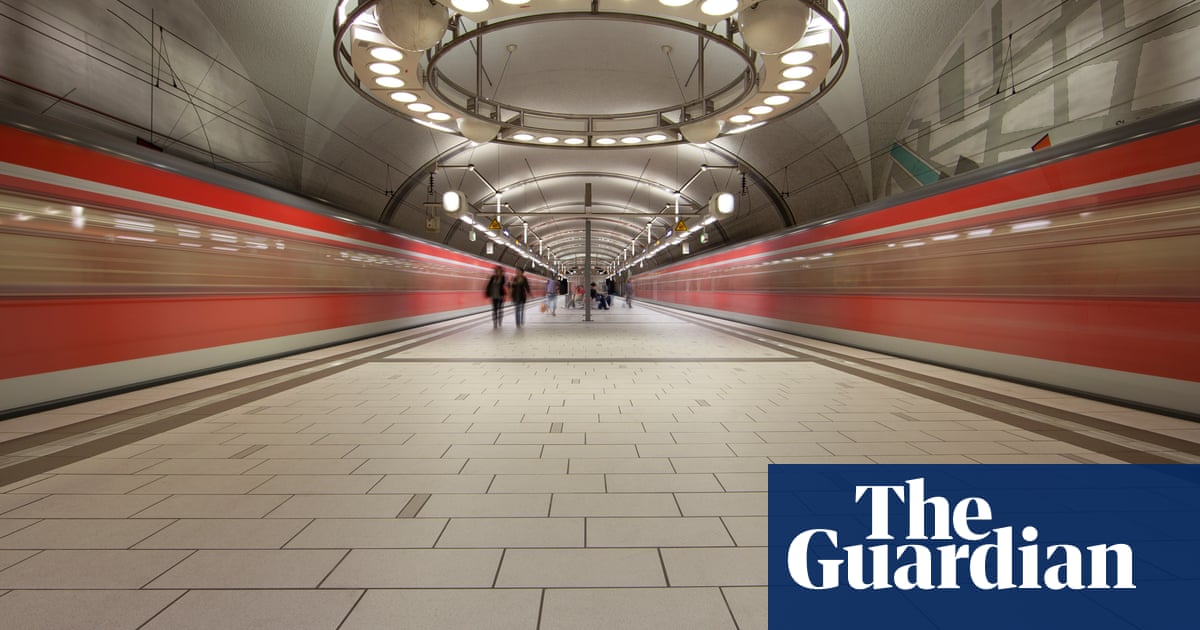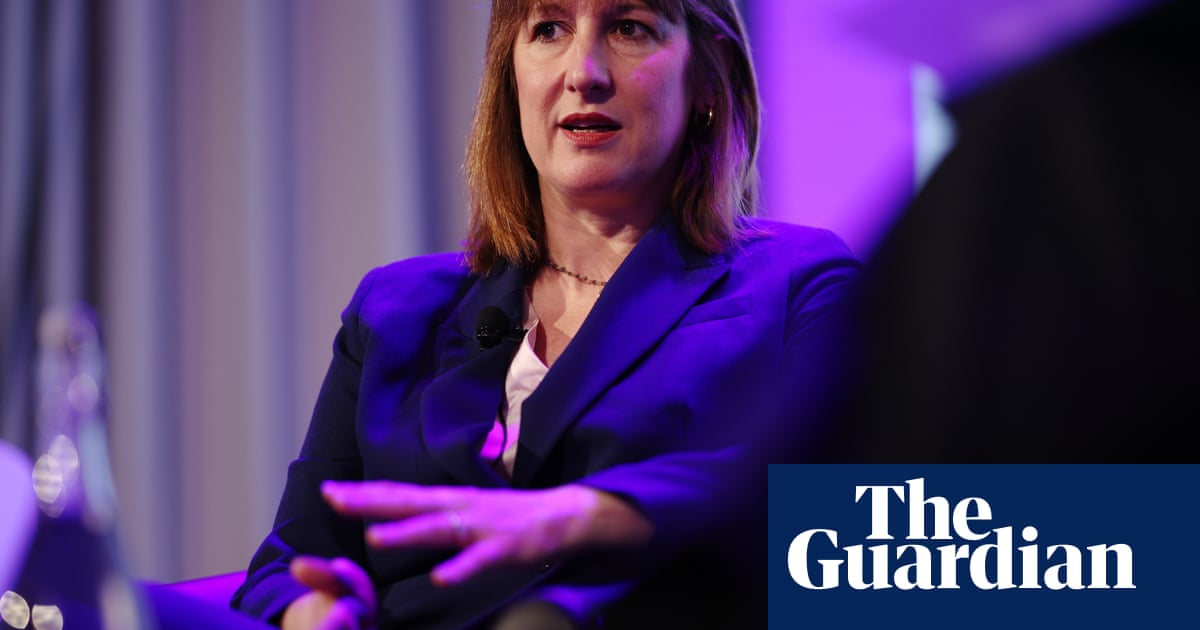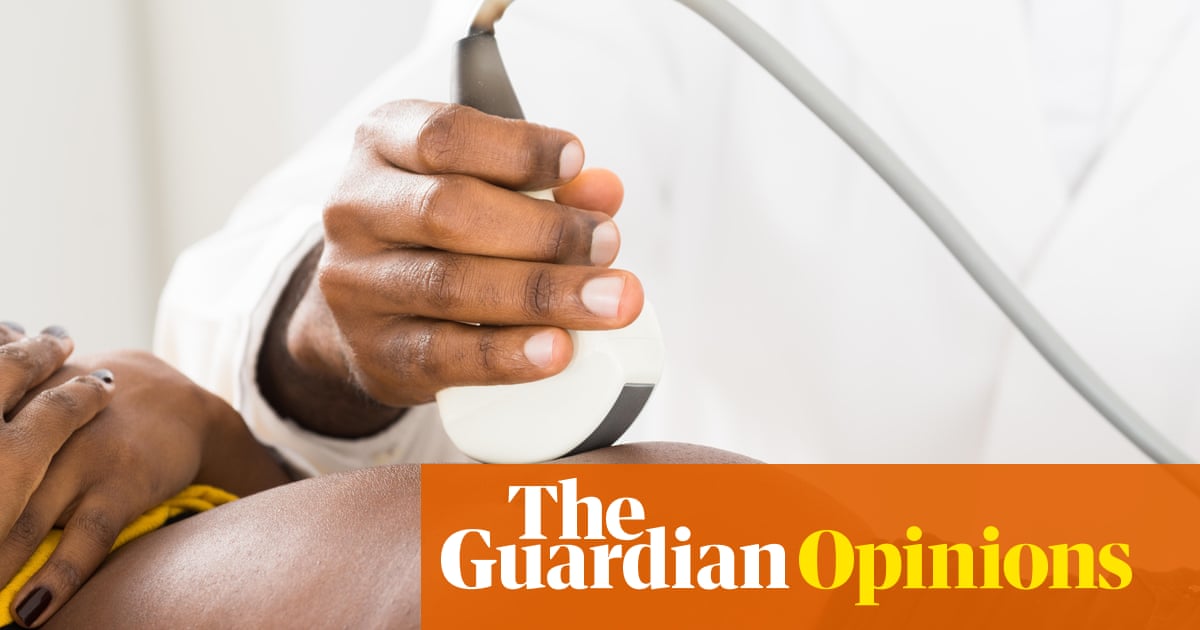There are moments in every election campaign when the fate of a key protagonist takes a decisive turn, often after an unforced error. There was Rishi Sunak’s overly hasty return from D-day commemorations in France for a TV interview, and, in Germany, Armin Laschet’s unfortunate laughter during a 2021 visit to a flooded town that marked the beginning of the end for the then Christian Democratic Union (CDU) frontrunner.
The current CDU leader, Friedrich Merz, who is the polls’ favourite to become the next chancellor after Germany’s general election on 23 February, may have had his moment of truth when his proposed crackdown on asylum seekers was narrowly passed by the Bundestag with the full support of the far-right Alternative für Deutschland (AfD).
The vote, on 29 January, was a first-time event in the post-second world war era in what has, until now, been a no-go area for Germany’s political centre. Mainstream parties have maintained a longstanding vow not to collaborate with the radical right.
Whether the breach of this principle puts Germany on track for a far-right government in the future remains to be seen. But it certainly turns up the heat in the campaign. And for the centre-left, it presents an opportunity for a bounce-back if it quickly moves its attention from simply despising the enemies of democracy to what people want it to do: build a future-proof economy in which they have more money in their pockets. But it’s a mountain to climb.
The scale of Merz’s strategic mistake was not immediately obvious to conservative members of the German parliament. The damage they had inflicted on the party, the campaign and possibly the country perhaps only became clear to them when the result of the fraught migration vote was greeted with cheers, smiles and selfies by the AfD.
The context is that in response to a horrific knife attack in a park in Bavaria, in which the suspected perpetrator was an asylum seeker, Merz had lost his nerve, acting more like Donald Trump on his first day in office than a chancellor in waiting. Most importantly, he broke a public pledge he had made as recently as November not to put forward any motion for which there was no agreement with the Social Democratic party (SPD) and the Greens (and which might draw the support of the AfD). By doing exactly the opposite, Merz handed a gift to the far right and damaged his own credibility. He will have to pay the price of this miscalculation when trying to form a stable coalition after the election.
Recent polling by Forschungsgruppe Wahlen suggests Merz’s political gamble has not boosted support for the CDU. The party was quick to close ranks and unite behind its leader at a party conference last week, despite some internal criticism and the former CDU leader Angela Merkel’s official statement rebuking her eventual successor for his actions.
The conservatives are a power-seeking machine in the end and are desperate to make electoral gains this time round. But the overall support for the AfD has stabilised at 20% of the vote share, which would make it the second-largest political party in parliament after the CDU. This confirms the theory about centrists copying the populist right: on tougher migration measures, voters generally prefer the original to the copy.
At about 15%, public support for Olaf Scholz’s SPD and the Greens has been low ever since the election was called in December. This is no surprise. On the issues that voters care most about – peace and security, the economy, social security, refugees and the climate crisis – their offer is more of the same. Continued support for Ukraine, higher public investment to drive economic growth, stable pensions, rent ceilings and European solutions to migration.

After the controversial Bundestag migration vote, both parties were quick to condemn Merz and mobilise party members and civil society to rally against the enemies of democracy. Tens of thousands have taken to the streets since Merz’s bill passed to protest against the CDU and AfD. This is important to boost the morale of campaigners and to stay firm on the firewall against the far right. But it has its limits in terms of winning over voters, as the campaigns by the Austrian Social Democrats and Kamala Harris in the US showed in 2024. There, “protecting democracy” was seen as equivalent to protecting the status quo, when people cared more about how to pay their rent.
This is a more general challenge that the centre-left faces in western democracies. It is often seen as protecting the status quo rather than challenging it. The German centre-left is missing a forward-looking narrative on what the future may hold for society and the economy. Going after the enemies of democracy will only add to the sense that we have entered an age of anxiety. Successful election campaigns are never won by looking back, but always by looking to the future.
So the centre-left swiftly needs to turn the dial. In government, the SPD and the Greens have made significant progress with the energy transition over the past three years. Renewables make up 55% of German energy production now, a record high, which will bring down costs for consumers and businesses as well as strengthening Germany’s weakening industrial base. Yet decades of underinvestment in infrastructure, buildings, IT and industrial equipment has hobbled the German economy.
One side of solving the investment gap is increasing public spending. An unpublished survey commissioned by Das Progressive Zentrum, a Berlin-based thinktank, that was conducted by Ipsos in January, found overwhelming support for a more active and purpose-driven public sector. Three out of four people support reform of Germany’s constitutional Schuldenbremse, or “debt brake”, which limits public borrowing, and almost every second person is in favour of an ambitious climate policy.
For the centre-left, these findings offer hope: voters can be won over if it is credibly demonstrated that public investment, rather than scaremongering about immigration, will alleviate the everyday struggles caused by inflation and lack of opportunity.
-
Florian Ranft is a member of the management board at Das Progressive Zentrum, a thinktank based in Berlin

 3 months ago
98
3 months ago
98


